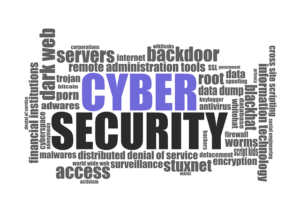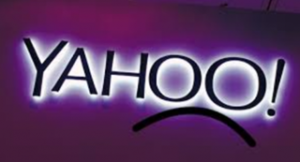A week doesn’t go by when we don’t get a call from a “Microsoft security specialist” telling us that they have “detected something wrong with the security of our computer”.
Depending on what we are doing, we’ll either hang up or explain to the “security specialist” that we don’t have time. First, though, we will listen to their script to see if anything has changed, and if it has, we’ll want to see what has. Today was one of those days.
The call, this one from 203-695-4021 (a Connecticut phone number) came in at around 1:30pm. The person, who had a thick Asian accent, identified himself as being a security specialist with Microsoft. He said that for a few days “our firewall has not updated and he needed us to update the Windows key.
We played along, since this was a new script. The steps were as follows:
Identify the Windows Key and push it, while pushing the R key. This, of course, launches the Run command. He requested that we enter “CMD” in the field. This brings up a Command Prompt. He had us check the IP address of the PC by using the IPCONFIG command.
Next he had us repeat the Run comma
nd and enter MSCONFIG in the field. This brings up the basic settings on the computer. The main reason for this is that they want to “show us some issues with the computer”. These “issues” are normal everyday things going on with the PC.
Next he had us write down a “Windows Key”, which consisted of eight characters, five numbers and letters, then a dash, then three more letters. He said we would need this “key” later in the process.
He next wanted us to open a browser window and go to www.help123.ml so that he could remote in to the PC. This is where we stopped and informed him that we were terminating the conversation (we didn’t say it that politely).
Had we gone to the next step, he would have remoted into the PC, then taken over control and/or installed some malicious software (also known as malware). This could range from keyloggers to capture user names and passwords, but also viruses or worms to spread to other computers.
As we have documented in the past, Microsoft does not monitor your computer. They do not have people call you letting you know that there’s a problem with your PC.
Should you get a call from anyone who identifies him or herself as being from a computer company and that they have detected an error with your PC, or a virus on your PC, please hang up.
If you are reading this and you know that you’ve allowed access to your PC to someone who called you, contact your IT support person immediately so that they can scan your PC for malware. If you con’t have an IT support person, contact us at pcmdxal@gmail.com for further assistance.
If you’ve allowed access to your PC by one of these scammers and you gave them your credit card (yes, they sometimes have the guts to ask for payment after they scam you), keep an eye on your statements for any unauthorized transactions.
The bad guys are smart. We need to be smarter.



